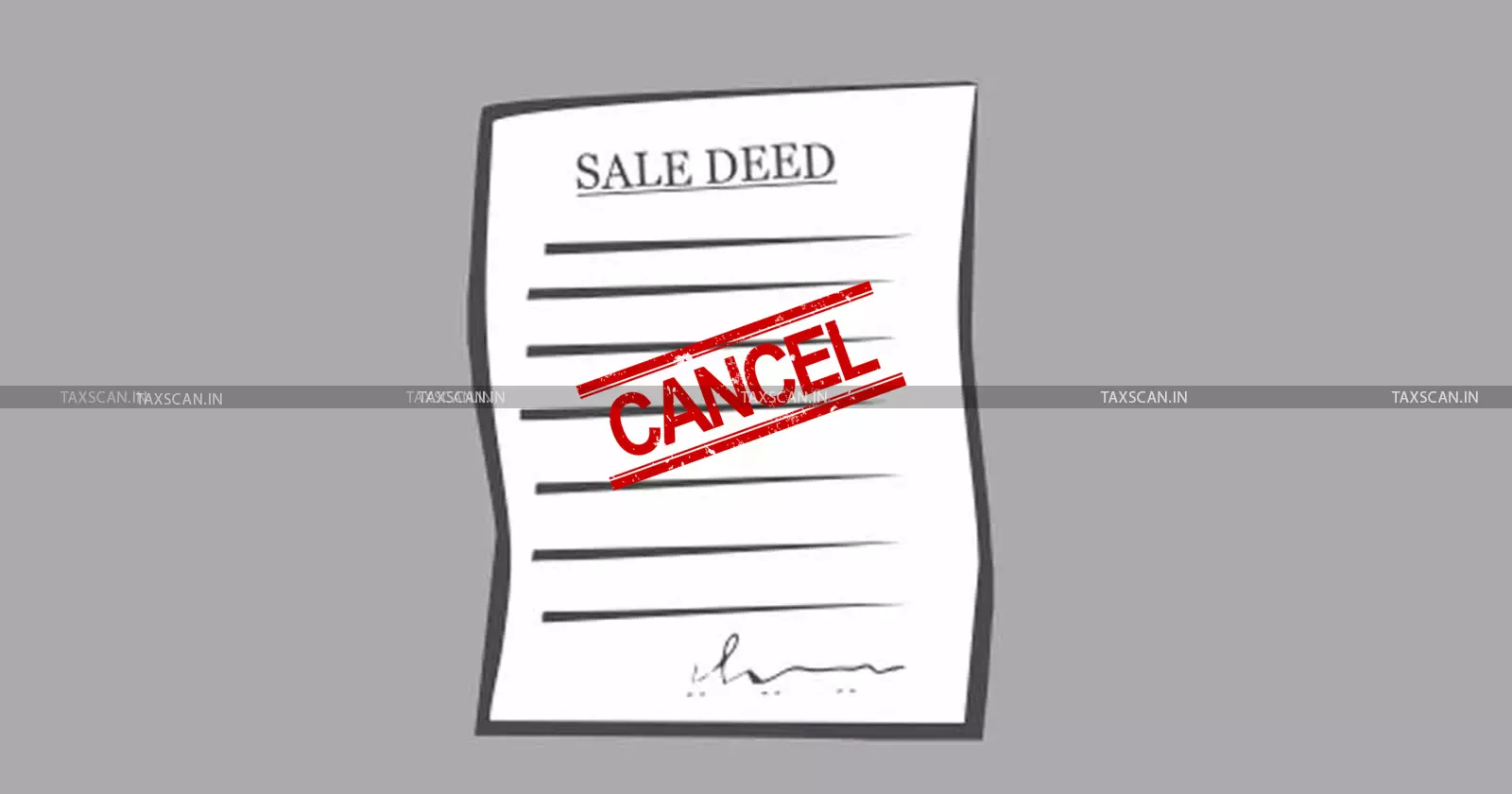Civil Courts Jurisdiction to Cancel Registered Sale Deeds Not Barred by SARFAESI Act S.34: Delhi HC
Setting aside a Single Judge’s rejection of the plaint under Order VII Rule 11 CPC, the Division Bench restored the appellant’s suit, holding that cancellation of conveyances lies outside the scope of Debt Recovery Tribunals.

The Delhi High Court in a recent case has addressed the interplay between civil court jurisdiction and the bar under the Securitisation and Reconstruction of Financial Assets and Enforcement of Security Interest Act, 2002 ( SARFAESI Act ).
The Division Bench comprising Justice Anil Kshetarpal and Justice Harish Vaidyanathan Shankar allowed the appeal, restoring the plaintiff’s suit for cancellation of a registered sale deed that had been rejected at the threshold by a Single Judge.
The appellant, Rajiv Sareen, had purchased property in Sainik Vihar, Pitampura, New Delhi along with his father. Facing delays in bank loan disbursal, he entered into a Memorandum of Understanding with Respondent No.2, Pankaj Sharma, for a friendly loan of ₹65 lakh. Title documents were handed over as security.
Sareen alleged that only part of the loan was disbursed, and under threats, including threats to kidnap his children, he was coerced into executing a sale deed on 3 April 2018, reciting consideration of ₹2.5 crore.
Subsequently, Respondents deposited the title deeds with Punjab National Bank (Respondent No.3) to secure credit facilities, which later turned non‑performing, leading to SARFAESI proceedings and auction notices.
Aggrieved, Sareen filed a civil suit seeking cancellation of the sale deed and injunction against auction. The Single Judge rejected the plaint under Order VII Rule 11 CPC, holding it barred by Section 34 SARFAESI Act.
The Judge reasoned that no FIR had been lodged despite allegations of coercion, particulars of fraud were absent, and non‑payment of consideration could not invalidate a registered sale deed.
On appeal, the Division Bench examined whether a civil suit for cancellation of a registered sale deed is maintainable despite SARFAESI proceedings.
The Court said that at the stage of Order VII Rule 11, only plaint averments must be considered, not their veracity. Failure to lodge a criminal complaint cannot negate pleas of coercion or misrepresentation. Allegations of threats and undue influence, if proved, strike at the root of free consent under the Contract Act.
The Bench further held that deficiencies in pleading fraud can be cured and do not justify rejection of the plaint.
Importantly, the Division Bench comprising Justice Anil Kshetarpal and Justice Harish Vaidyanathan Shankar clarified that while SARFAESI bars civil courts from interfering in matters within DRT jurisdiction, cancellation of registered conveyances lies outside the DRT’s powers.
The bench, observing the Supreme Court’s ruling in Central Bank of India v. Prabha Jain (2025), said that only civil courts can adjudicate the cancellation of sale deeds.
Accordingly, the appeal was allowed, the impugned judgment set aside, and the suit restored to its original number for trial. The Court directed parties to appear before the Roster Bench on 19 November 2025, noting that the Single Judge must decide uninfluenced by observations in the appellate judgment.
Support our journalism by subscribing to Taxscan premium. Follow us on Telegram for quick updates


